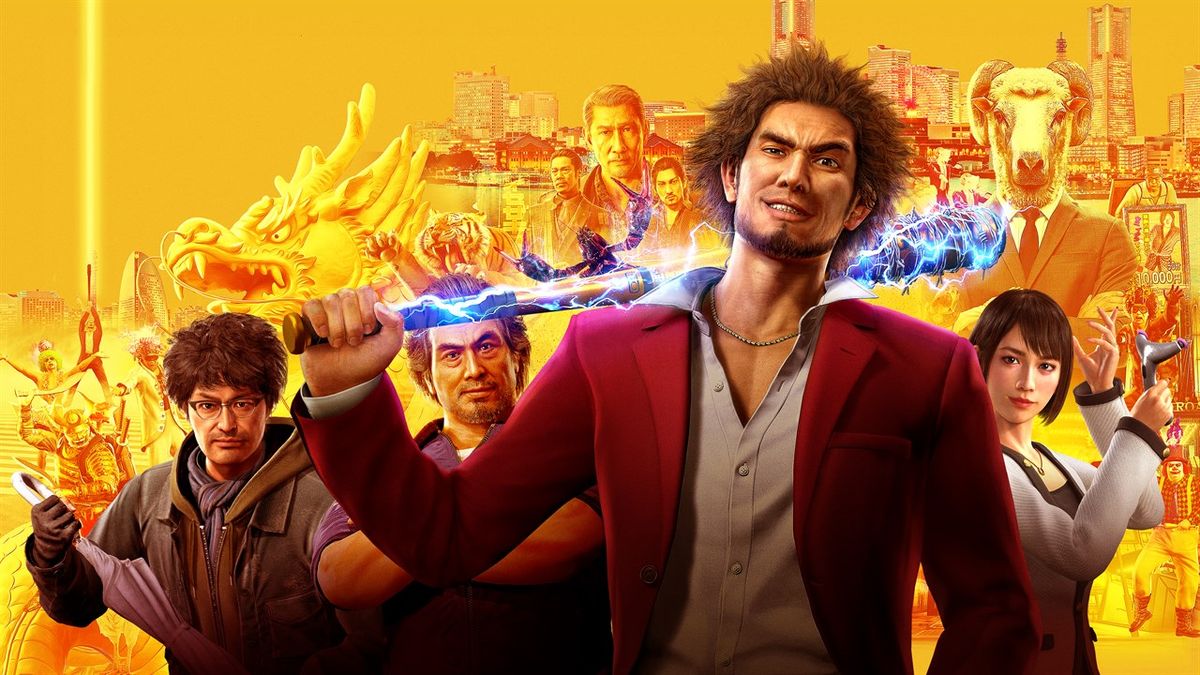12DOVE Verdict
Yakuza: Like a Dragon impressively pulls off the switch to an RPG in style, providing an excellent combat system supported by loveable characters, and a tantalising main storyline with meaningful side quests.
Pros
- +
An impactful new RPG fighting system
- +
New characters are superbly written
- +
An absorbing and memorable main storyline
- +
Maintains the high bar for side quest storytelling
Cons
- -
Main plot is sidetracked through the RPG storytelling lens
- -
Dungeon design is pretty lacklustre
Why you can trust 12DOVE
Yakuza has always been a tale of one man’s fight against the world surrounding him; a series that made its name on Kiryu Kazuma’s wholesome attitude and deconstruction of toxic masculinity. Yakuza: Like a Dragon is a fresh start for the series, passing the torch to a newcomer and welcoming in a new style of gameplay, two years removed from Kiryu’s final bout.

Release date: November 10, 2020
Platform(s): PS5, Xbox Series X, Xbox One, PS4, PC
Developer: Ryu Ga Gotoku Studio
Publisher: SEGA
This newcomer is Ichiban Kasuga, Dragon Quest fanboy extraordinaire. Ichiban is about as subtle as the literal “first” or “best” translation of his name, a hot-headed hero wannabe who wears his heart on his sleeve. He’s all about duty and honour, perceiving life as one big quest to emerge victorious in. A far cry from Kiryu Kazuma, he’s buoyed by the characters around him, a party of fellow would-be heroes adventuring around the dim, murky depths of the Japanese underworld.
New friends, new themes
That’s because Yakuza: Like a Dragon isn’t reliant on one hero. Switching out the action-based gameplay that Ryu Ga Gotoku Studio has mastered over the course of nine main games within the last two decades, Yakuza: Like a Dragon is a party-based RPG. There’s no longer button mashing to slam an enemy’s nuts into the nearest bollard—the characters within your party take turns whacking enemies with guitars, microphones, and massage machines. It’s a more controlled, slower-paced environment, reliant on all four characters in the party instead of one character with the abs of a god.
The switch is perfected through character jobs. Like a Dragon isn’t just an RPG for show, it’s a fanboy of the genre like Ichiban. There’s a slew of jobs for every character to delve into and level up, whether it’s former detective Adachi dressing up as a riot policeman, or hostess Saeko masquerading as an idol. Each job provides the characters with a litany of skills and talents to perfect and level up through XP, and it’s genuine fun figuring out which combination of jobs work best in the four-person party at once. Which character serves better as a damage-sponge tank, for example, and who has the best skills to deliver as the party healer? It’s a giant jigsaw puzzle to solve, and it’s really entertaining.
Thematically, Like a Dragon isn’t reliant on Ichiban to do all the heavy lifting. Kasuga is surrounded by party characters, and developer Ryu Ga Gotoku fleshes them out into characters that are less there to support Ichiban, and more carry the story from a different perspective. If Ichiban is the stoic leader of the party, Nanba is there to give a down-to-Earth view on current events, and Saeko provides witty but caustic commentary throughout. It’s a testament to Ryu Ga Gotoku’s writing and Sega’s localisation that every party character plays so naturally off one another, with each stepping up to fill the Kiryu-shaped hole and supporting one another instead of having one person shoulder all the emotional moments.
Fiendish father figures
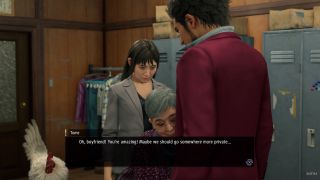
Unfortunately though, Like a Dragon’s runtime is exacerbated by its commitment to the RPG formula. The setup is brilliant, a classic Yakuza scenario in which rookie Ichiban goes to prison for a crime someone else committed, a near mirror of Kiryu’s origins in the debut game. Ichiban takes the fall at the behest of his father figure, Masumi Arakawa, in the Yakuza family, but when he’s released from prison 18 years later, that same father figure greets him with the barrel of a gun.
It’s a tantalising mystery from the get-go, but Like a Dragon takes massive detours in advancing the story of Arakawa and Kasuga’s relationship, sending the party on an entertaining sideshow to Yokoyama for tens of hours. It’s a shame, considering how brilliantly the main plot of Like a Dragon examines the breakdown of father-son relationships, and how the son can unwittingly follow the father down a path of violence. Ichiban and company’s adventures around Yokohama and other areas are a joy to play, but I can’t help wanting to push the game forward to revisit Arakawa in Tokyo.
Stupendous side stories
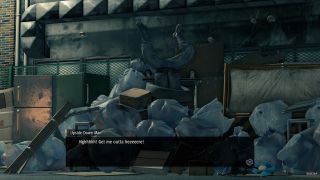
I was worried the side quests would get lost in translation from Ryu Ga Gotoku’s switch to an RPG. Yakuza’s side stories have never been about physical or monetary gain, they’ve always been about the story, whether it’s been a group of nerds trying to form a punk band in Yakuza 0, or a down-on-her-luck dominatrix trying to please her client in Yakuza Kiwami 2. RPGs by definition rely on rewards from side quests to strengthen your characters before they forge ahead with their main scenario, sometimes sacrificing storytelling to the physical rewards needed to bolster your party.
Thankfully, this isn’t the case with Yakuza: Like a Dragon’s side stories. They still put the story and the world-building firmly over the monetary gains, providing Ichiban and company a chance to revel in downright ludicrous side activities that’ll leave a lasting impression. As soon as I saw literal man-baby Patriarch Gondawara and his retinue making their nappy-clad return from Yakuza Kiwami 2, I knew I was still well within the boundaries of Yakuza’s usual zany and impressionable storytelling.
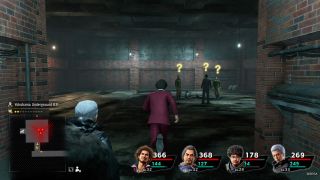
What Yakuza: Like a Dragon’s RPG switch slightly falls into is the trappings of dungeon-crawling. Dungeons, albeit scant throughout the game, are little more than corridor-shaped gauntlets of one enemy encounter after another, with admittedly little in the way of variation. As a newcomer to the RPG genre, you’d expect Like a Dragon to take notes from its predecessors in dungeon design, namely how to make a dungeon mechanically different from the rest of the game, and provide a unique challenge to players that they might not encounter anywhere else. Yakuza’s combat corridors have always excelled at pushing you forward, an excellent example being Yakuza 0’s ascent up the Dojima HQ building to face Kuze, but Like a Dragon’s dungeons are a plodding affair with little in the way of variation from the rest of the game.
Yakuza: Like a Dragon is a confident step in a different direction for Ryu Ga Gotoku’s series. An impactful combat system filled with whacky abilities stands tall against the action-based formula RGG perfected over nearly two decades, and newcomer Ichiban Kasuga and his friends come together as an excellent cast to leave a lasting impression. Like a Dragon might fall into genre traps of a prolonged main scenario and pretty lacklustre dungeon design, but the ever-charming side stories maintain that perfect Yakuza combination of funny and meaningful.
Reviewed on PS4.
Hirun Cryer is a freelance reporter and writer with Gamesradar+ based out of U.K. After earning a degree in American History specializing in journalism, cinema, literature, and history, he stepped into the games writing world, with a focus on shooters, indie games, and RPGs, and has since been the recipient of the MCV 30 Under 30 award for 2021. In his spare time he freelances with other outlets around the industry, practices Japanese, and enjoys contemporary manga and anime.
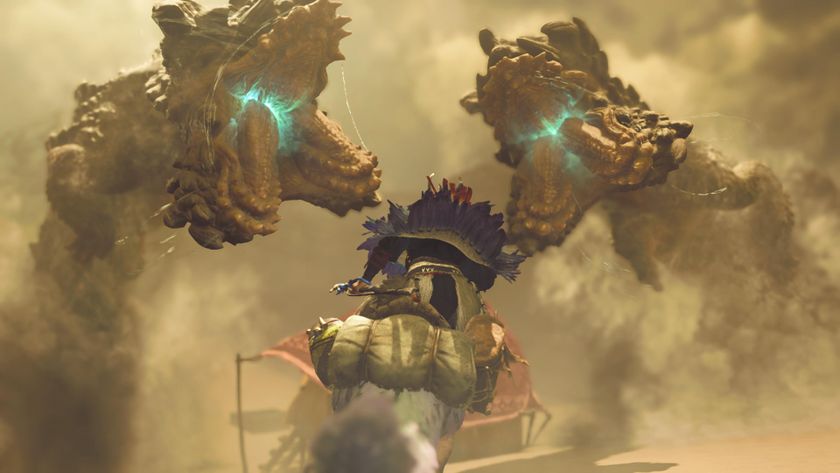
Monster Hunter Wilds breaks out the big guns, promising higher difficulty, PC fixes, layered weapons, hammer and other weapon buffs, and better endgame variety
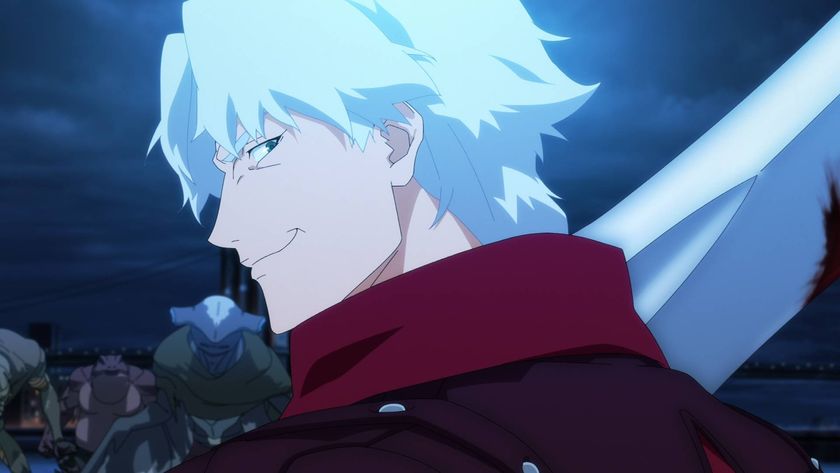
Devil May Cry producer hopes new Netflix anime inspired by Christopher Nolan’s Batman trilogy will show fans that "the villain of your story is the hero of their own story"

Lazarus review: "Unfortunately Cowboy Bebop director's new sci-fi anime never quite melds into a harmonious whole"
